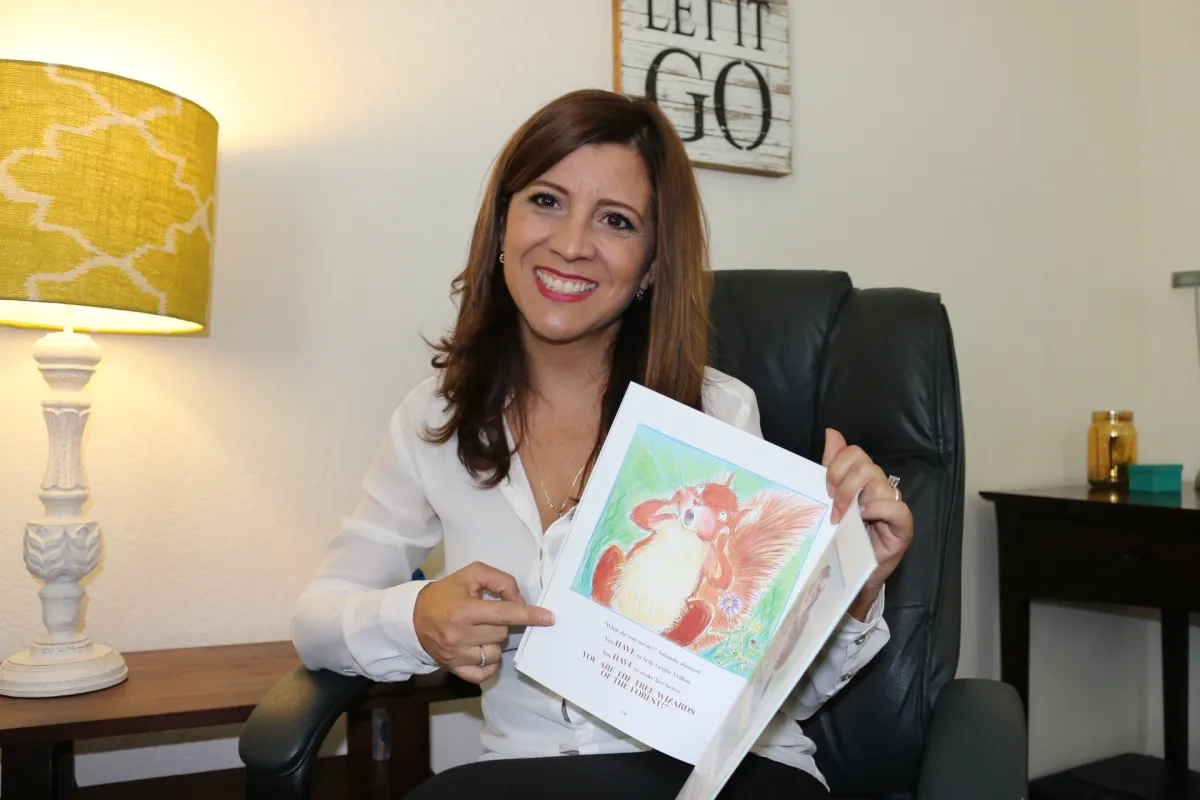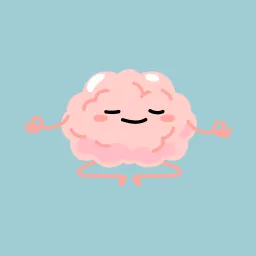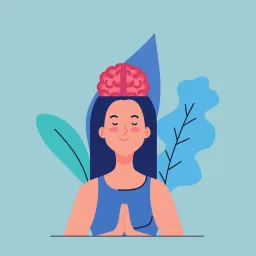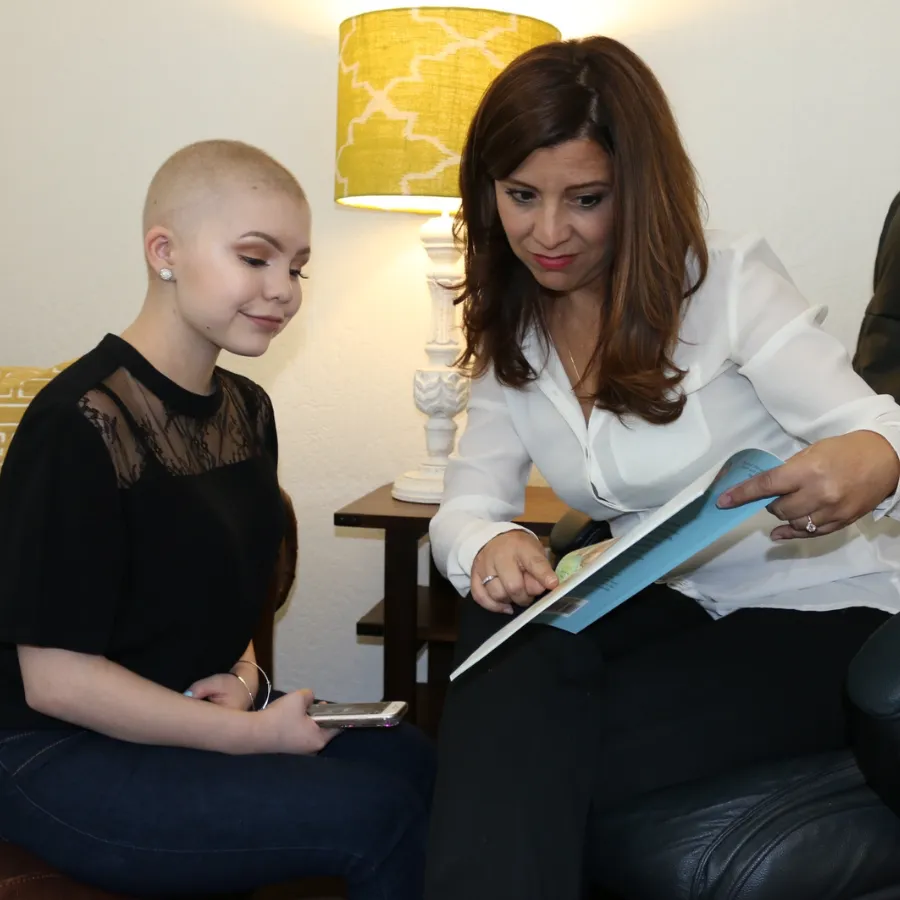Can Brainspotting Help with Anxiety, Depression, and PTSD?
You might feel like you’re doing everything right: going to therapy, taking care of responsibilities, pushing through the day. But inside, there’s still a heaviness. Maybe anxiety buzzes just beneath the surface, making your body feel constantly on edge. Or perhaps sadness drapes over you like a fog you can’t shake, dulling your connection to daily life. You might freeze up or shut down in moments you can’t explain, despite doing all the right things. Brainspotting Therapy offers a way to gently support your nervous system in processing what talk therapy alone may not reach.
That’s where brainspotting therapy can help by supporting your nervous system in processing what your mind alone hasn’t been able to release. As a somatic therapist in Phoenix, I often meet people who believe they’re broken because talk therapy didn’t fully work. But what if your symptoms weren’t just emotional or mental? What if your body has been holding on to pain, fear, or stress that never had a chance to move through? Brainspotting offers a way in; a way to listen to what your body remembers and create real, lasting change.
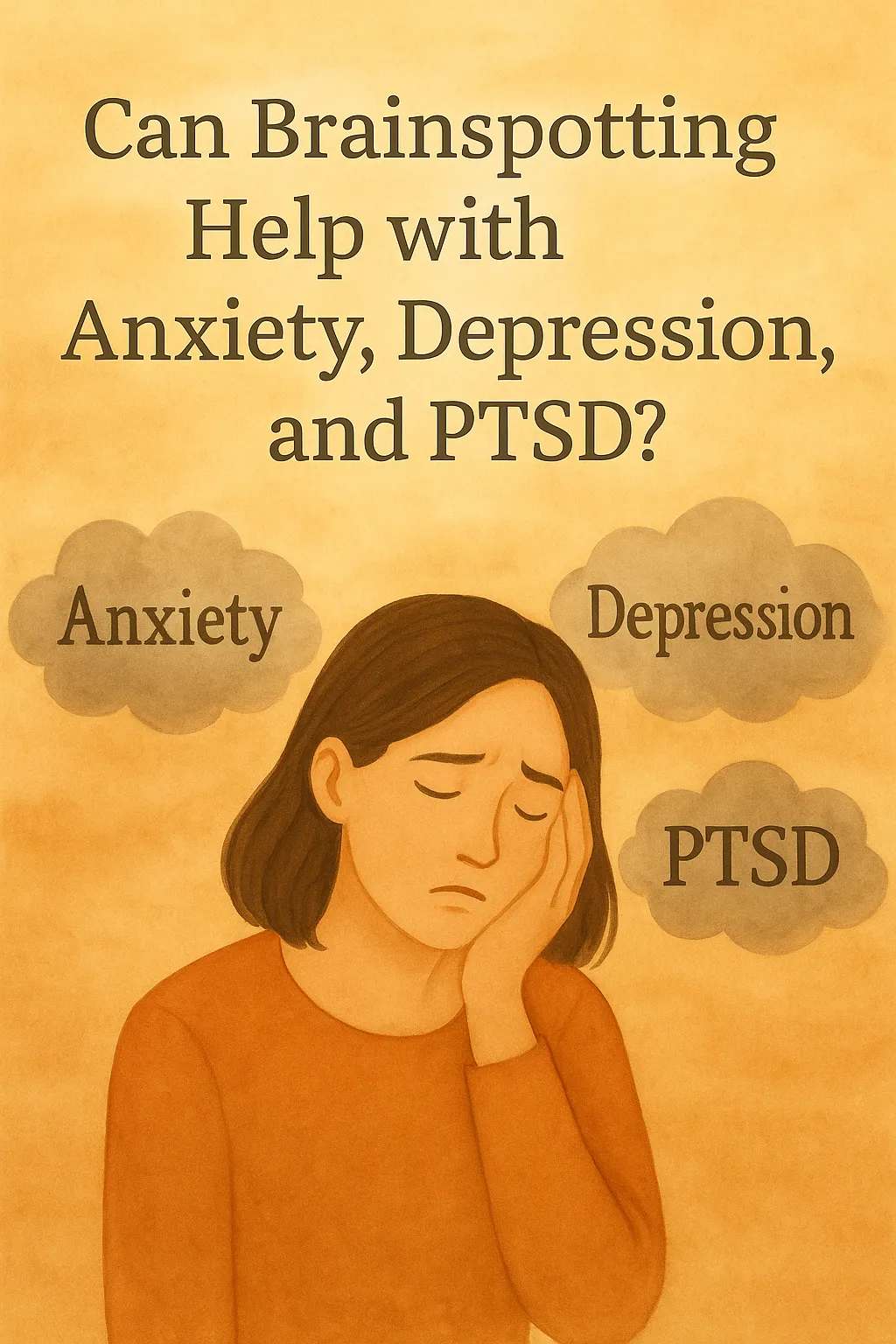
How Does the Body Carry Anxiety, Depression, and Trauma?
The nervous system plays a powerful role in how we process life. When something overwhelming happens—a traumatic event, a major loss, or even chronic stress—our bodies step in to protect us. Sometimes that means we go into fight-or-flight. Other times, we shut down, dissociate, or go numb. These survival responses don’t just disappear once the threat is over. They live in our muscles, posture, breath, and even in how we interpret the world around us.
Anxiety might feel like hypervigilance, tightness in your chest, or racing thoughts. Depression might show up as a lack of energy, disconnection, or heaviness that weighs down even the smallest tasks. PTSD can make the past feel like it’s still happening right now. Brainspotting helps access these held experiences at the level of the body, where they started.
Brainspotting for Anxiety: Calming the Internal Alarm System
Anxiety often makes the world feel unsafe, even when there’s no clear danger. You might feel like you’re constantly bracing for something to go wrong. Your thoughts race, your heart pounds, your muscles stay tense. You try to relax, but your body doesn’t get the message. Brainspotting helps calm that internal alarm system. During a session, we identify eye positions that link to the emotional and physical sensations you’re experiencing.
With your gaze anchored and body cues guiding us, we begin to process the roots of your anxiety, often without needing to retell every detail. The result is a gentle unwinding. Over time, many clients notice they don’t react as strongly to triggers, they sleep more deeply, and their bodies feel more settled. As a somatic therapist, I support clients who have carried anxiety for years. Brainspotting offers them a different way in, not through pushing thoughts away, but by working with the body to soften fear at the source.
Brainspotting for Depression: Finding Movement in the Stillness
Depression can feel like you’re walking through molasses. Everything is harder, slower, heavier. It may feel like a shutdown, like life is happening around you, but you’re not fully in it. You might struggle to feel much of anything at all. In my work offering brainspotting for depression, I see depression not as a failure, but as a natural response to overwhelming experiences. The body shuts down when it doesn’t feel safe to stay open. Brainspotting creates a safe space to explore what your body has been holding without judgment or pressure.
This process can gently reconnect you to emotions, memories, and sensations that have been frozen or buried. It’s not about forcing insight or action. It’s about allowing space for your system to thaw and come back online at its own pace. Clients often report feeling more connected to themselves, more open to possibility, and more willing to re-engage with life.
Brainspotting for PTSD and Complex Trauma: Releasing What Still Lives in the Body
Trauma isn’t just what happened to you, it’s what happened inside of you in response. PTSD can make the past feel like it’s always on the verge of repeating. Sounds, smells, or sensations can trigger intense responses that don’t always make sense logically. For those who’ve experienced complex trauma, this might include years of feeling unsafe, unseen, or unheard. Brainspotting treatment creates a safe container to work with those parts of you still holding on to fear, shame, or helplessness.
It doesn’t require you to talk through every detail. Instead, we work gently with your body’s cues and the nervous system’s wisdom. You stay in control, and you decide the pace. And when the body feels safe, it can begin to release what it’s been holding. Clients often describe this work as deep, powerful, and surprisingly quiet. The healing happens in layers, and it happens with compassion.
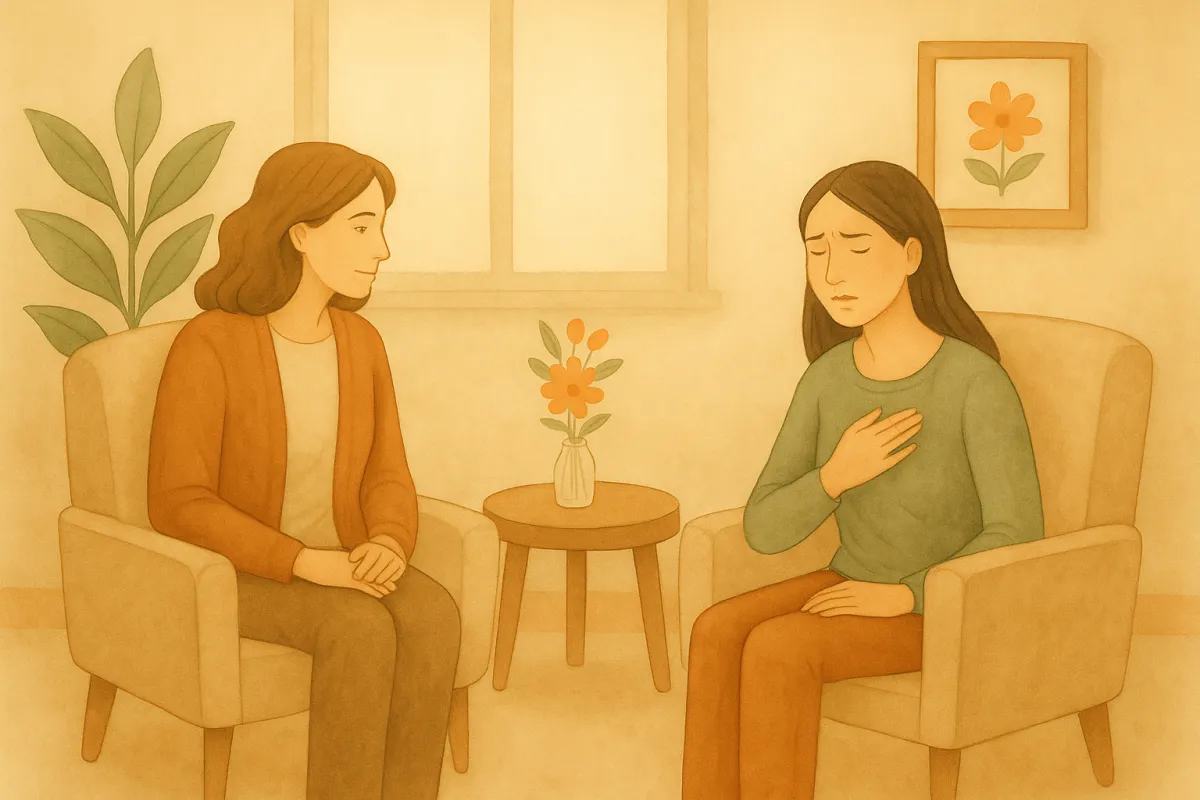
Why Brainspotting Works When Other Therapies Haven’t
If you’ve tried traditional talk therapy or even EMDR and still feel stuck, you’re not alone. Many of my clients come to brainspotting after years of trying to think or talk their way out of pain. While those therapies can be helpful, they don’t always reach the level of the nervous system.
Brainspotting Therapy is a body-based approach that supports healing at the nervous system level. It helps you reconnect with parts of yourself that have been stuck in survival mode, offering relief where words alone may fall short. Brainspotting therapy allows us to access and process experiences stored beneath language. These are the places where the body has carried fear, pain, or overwhelm long after the mind has moved on, waiting for the right conditions to release and heal.
This Process Helps Us Reach Layers of Emotional Memory that Traditional Talk Therapy Often Can’t Touch.
As a somatic therapist in Phoenix, I’ve seen how this kind of therapy can gently open the door to healing that once felt out of reach. It gives us a way to work with parts of the brain that often hold trauma responses, emotional pain, or sensory memories. This is especially helpful when those memories don’t come with words or clear narratives. And because we’re following your body’s cues, the process is deeply intuitive and personalized. At my practice, Through It All Counseling, I combine brainspotting with polyvagal-informed care, expressive arts, and play-based methods. My goal is to create a space where healing feels possible—even if you’ve almost given up hope.
You Don’t Have to Keep Holding This Alone
If you’ve lived with anxiety, depression, or trauma, and therapy hasn’t fully helped, it doesn’t mean you’re beyond healing. It may just mean your body needs a different kind of support. As a somatic therapist, I’m here to help you explore what’s possible with brainspotting. Whether your pain is recent or decades old, your nervous system deserves care. And healing doesn’t have to happen through words alone. Brainspotting offers a path back to wholeness; gently, intentionally, and at your own pace.
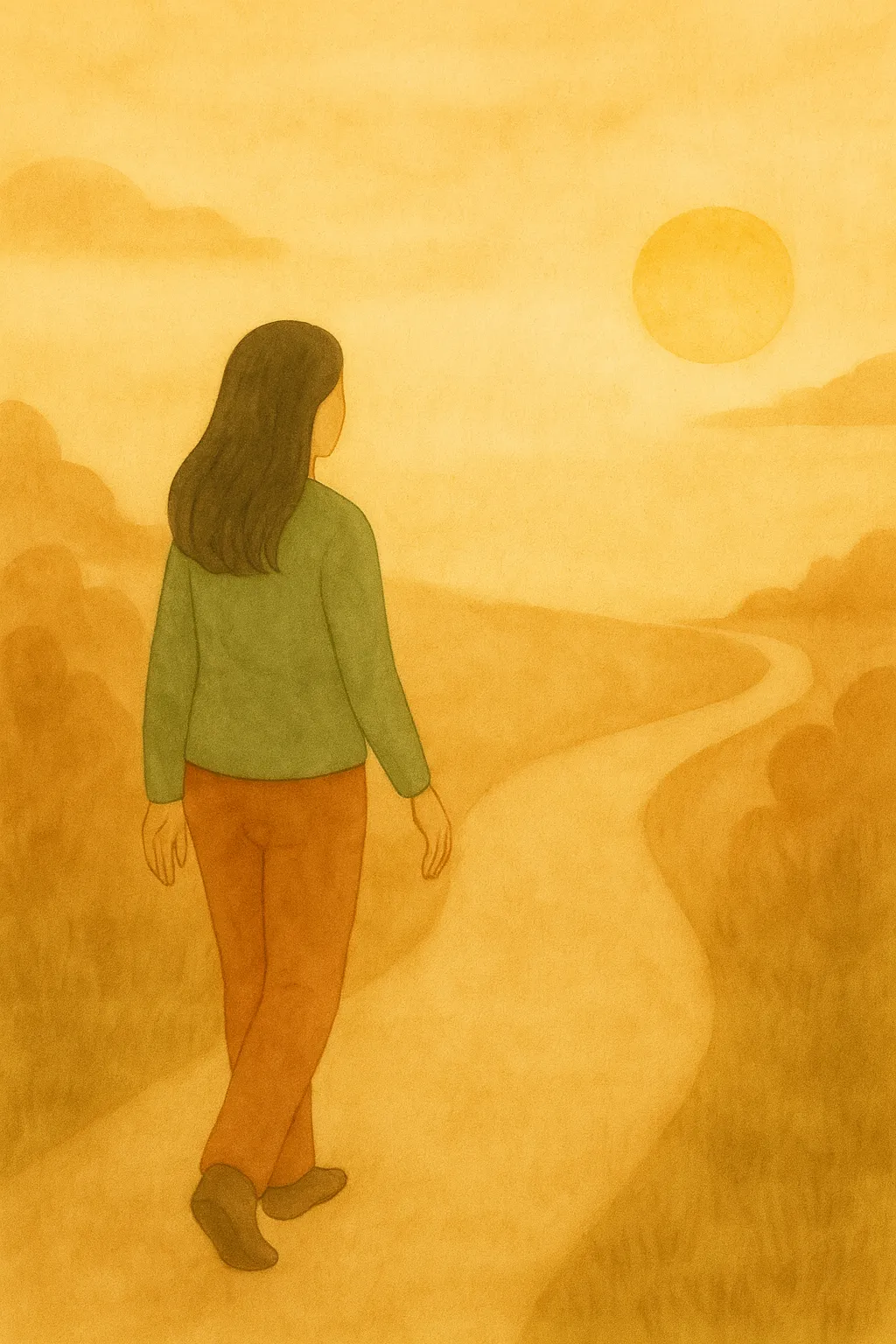
Is Brainspotting Therapy in Phoenix, Arizona, the Somatic Support You’ve Been Looking For?
If you’re carrying anxiety, depression, or trauma that talk therapy alone hasn’t eased, Brainspotting in Phoenix may offer the shift you’ve been craving. This work doesn’t require you to explain everything—just to notice what your body is already holding. At Through It All Counseling, I offer brainspotting therapy that invites your nervous system to slow down, release, and reconnect. Whether you’re feeling stuck, shut down, or simply longing to feel like yourself again, you don’t have to go it alone. Healing can begin gently, and it can begin now. If you’re ready to explore this path, I’ll be here to meet you in it—with presence, curiosity, and care.
Take the first step today.
Then reach out to schedule your Brainspotting session and begin your journey toward freedom, clarity, and wholeness.
Other Therapy Services Offered at Through It All Counseling in Scottsdale and Phoenix, Arizona
Somatic Modalities and Therapies aren’t a single method—they are a way of honoring the body’s experience. At Through It All Counseling, I offer a range of creative, integrative therapies that support healing for the whole person: mind, body, and nervous system. Whether you’re navigating your own history with trauma, supporting a child through emotional overwhelm, or adjusting to life after a medical diagnosis, I’m here to help you find a path that meets you where you are.
Alongside Brainspotting, I offer Play Therapy, Expressive Arts, Bibliotherapy, and Creative Art Therapy for kids and expressive learners who benefit from movement, imagination, and metaphor. I also support adults and families through Polyvagal Therapy, Mindfulness-Based Interventions, Parent Work, Family Systems Therapy, and Co-Parenting Support. These approaches are rooted in nervous system safety, and we’ll always go at your pace. When clarity or structure is needed, I draw from Cognitive Behavioral Therapy (CBT), Solution-Focused Brief Therapy (SFBT), and Motivational Interviewing to support insight and next steps.
Healing doesn’t have to look one particular way. It might look like quiet stillness. It might look like drawing, stretching, deep breathing, or softening into a moment of safety you didn’t know was possible. However healing wants to take shape, I’ll be here to support it.
If you're interested in exploring any of these services or finding the kind of support your nervous system has been quietly asking for, I invite you to reach out for a free consultation. At Through It All Counseling, I offer a grounded, compassionate approach that centers safety, attunement, and the unique needs of your mind and body. Whether you’re curious about brainspotting therapy or wondering if somatic work might help you feel more like yourself again, we can explore those questions together. Healing doesn’t have to be forced—it can begin with a single step, taken with care.
About the Author
Cristina Yturralde, M.C., LPC is a certified Brainspotting therapist, Brainspotting Consultant, and somatic therapist in Phoenix. She brings nearly two decades of clinical experience and more than 30 years of walking alongside families navigating chronic illness, trauma, anxiety, and emotional overwhelm. Her presence is warm, grounded, and intuitive—shaped by both clinical expertise and her own personal healing journey. Cristina understands that healing doesn’t always begin with words. Sometimes, it begins with silence, presence, and the courage to listen to what the body has held for too long.
At her private practice, Through It All Counseling, Cristina integrates brainspotting treatment, expressive arts, and somatic-based methods to support children, teens, and adults in reconnecting with their inner resilience. She believes that every nervous system deserves safety, softness, and space to heal in its own time. Whether you’re exploring Brainspotting in Phoenix for anxiety, depression, or trauma, Cristina offers a steady, compassionate space for the work to unfold. Her approach centers on attunement, curiosity, and care—meeting you where you are, and walking with you, one breath at a time.
